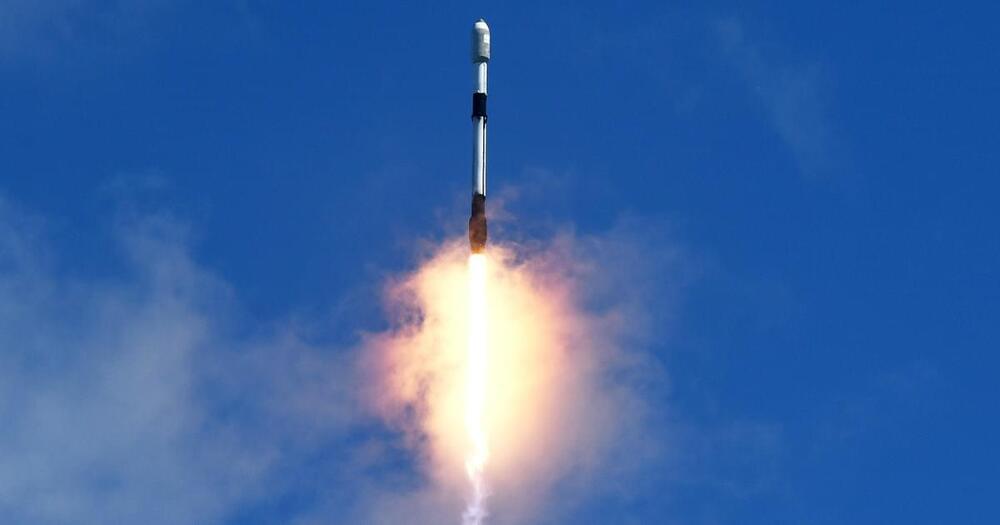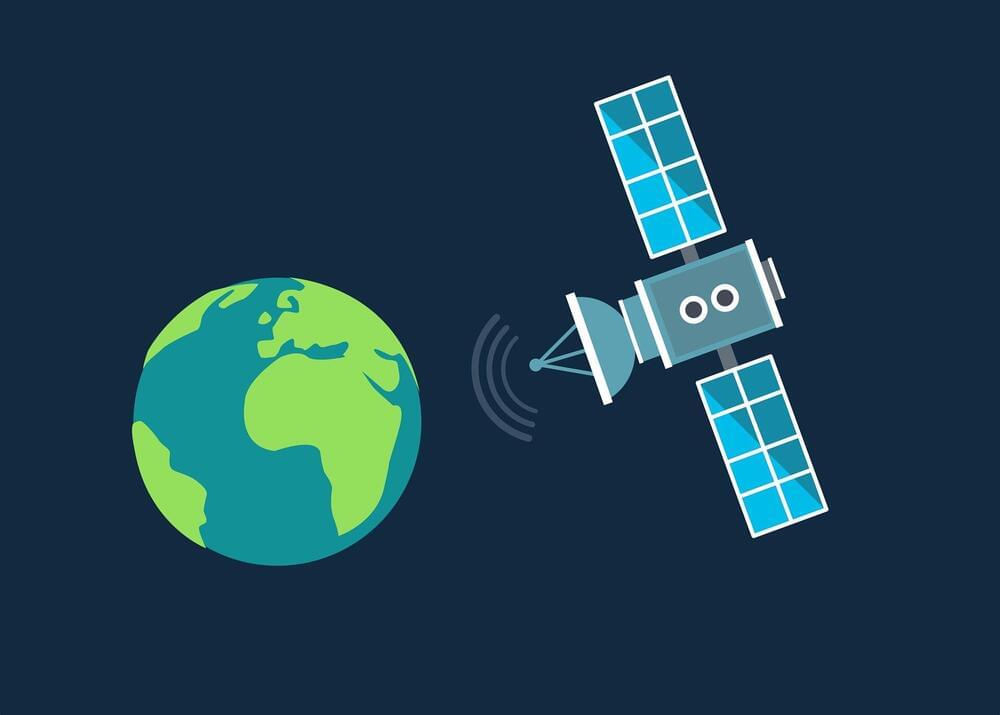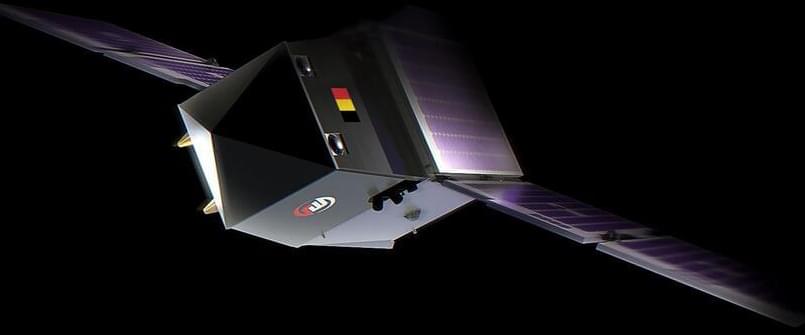Championing an aerospace renaissance — elizabeth reynolds, managing director, US, starburst aerospace.
Elizabeth Reynolds is Managing Director, US of Starburst Aerospace (https://starburst.aero/), a global Aerospace and Defense (A\&D) startup accelerator and strategic advisory practice championing today’s aerospace renaissance, aligning early-stage technology innovators with government and commercial stakeholders and investors to modernize infrastructure in space, transportation, communications, and intelligence.
Elizabeth’s team works alongside hundreds of technology startups developing new aircraft, spacecraft, satellites, drones, sensors, autonomy, robotics, and much more.
Elizabeth brings 15 years of experience in deep tech entrepreneurship, growth, business operations, and strategy to the team. Prior to joining Starburst, she served as an executive for biotech, medtech, mobility, and interactive media companies, from founding through IPO. She is also an advisor to a number of startups and nonprofits supporting STEM education.
Starburst has offices in Los Angeles, Washington, D.C., Paris, Munich, Singapore, Seoul, Tel Aviv, and Madrid, has grown into a global team of 70 dedicated team members with a portfolio of 140+ startups, 20 accelerator programs, and 2 active venture funds which strive to provide enabling growth services for deep tech leaders disrupting the industry and working towards a safer, greener, and more connected world.








